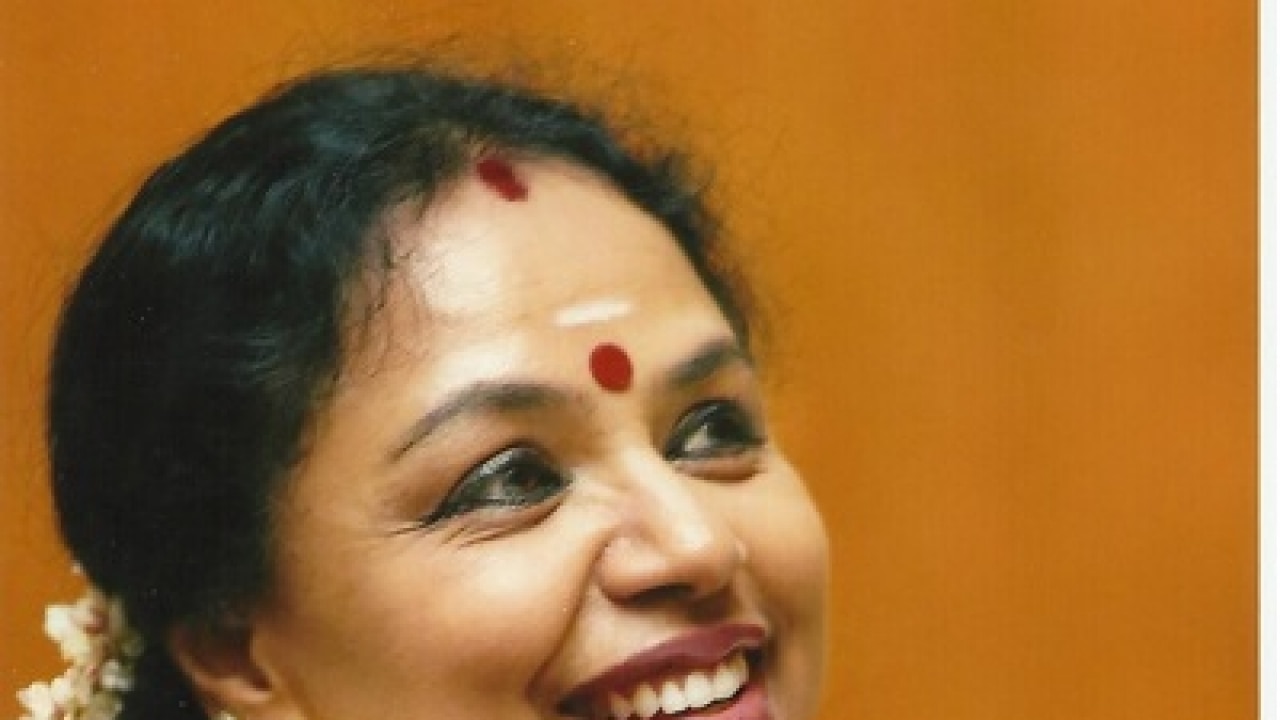
In an exclusive interview with dna, she talks about her guru ML Vasanthakumari, classical music today and how it's important for musicians to adapt with changing times.
Tell us a little about your training with your guru ML Vasanthakumari.
I came under MLV Amma’s tutelage over 30 years ago. A period of 13 years from 1979 to 1992, a phase of complete absorption and internalisation! There was no teaching in a formal atmosphere. We learnt while being with her during the kutcheris (concerts). We would record her singing in our minds and then replay it while learning the intricacies. It was a very challenging and different experience and as I had begun learning very early from her, my mind was like a sponge and absorbed whatever I heard. Amma would say, “Never waste a sangati or a swara — try not to.” Learning was more by observing and she ensured that we gave her our undivided attention while she sang. Hers was creative music and on the spot.
What were some of the key things you learnt from her?
Amma has been an inspiration in many ways. A person of tremendous grit, she took on every challenge unflinchingly and simply rose above them. Meticulously planned kutcheris were her hallmark and stage presence was very much a part of the performance. For her, what was most important was courteousness towards her audience. All these were the gems I gathered during my association with her.
Do you think there is still an appetite for Carnatic music in India?
Yes, there definitely is, both for the audience and the musicians. Like in every sphere, there is an evolution of both artistes and the audience. We have a lot of youngsters within our country and so also the NRIs who learn Carnatic music from the senior gurus very diligently. At the same time, there is an influx of a lot of next generation in the audience. Larger and diverse audience during lecture demonstrations that happen during Marghazhi is proof enough to know that Carnatic music still thrives here in all its glory.
You are a global performer. How have you tuned your music for the audience today?
I have tried at experimenting in many instances, very much in the realm of Carnatic music and while global cultures are pervading, Indian classical music has its own identity and continues to draw an audience, in fact in greater diversity. I collaborate with musicians from the other parts of the world to bring in more creativity. Taking Carnatic music to the masses is also a kind of a challenge because of an element of complexity in the music. For it to reach a larger forum it has to be simplified substantially for the audience to appreciate it fully— the complexity of the maodharma of music, the ragas, the neravals and the thani avartanams many a times baffles the audience. From where it has been, Carnatic music is certainly now expanding its boundaries of reach. I also aim at presenting it in a simpler form. I have sung at Corporation Schools, at old age homes and even at the Puzhal Prison to a cross section of audience across age groups with virtually no knowledge of Carnatic music and it is immensely satisfying to have seen the acceptance.
Is it important for a Carnatic musician to adapt with the times?
Yes, it definitely is. We need to make our music progressive to cater to the changing audience profiles. Today there are myriad audience profiles and it is important to keep in mind that what matters most is the reach. Focus should be on also simplifying music that reaches a greater section while upholding its intrinsic values. My fusion venture ‘Morning Raagas’ that toured the United States between March and May 2013 is one such attempt at catering to a diverse audience with a focus on the Gen Next.
What's your advice to upcoming singers?
Today’s young crop is in a little bit of a haste to get on to the performing platform. Youngsters should realise that once they start performing, in a way, they also stop learning just for paucity of time. Learn as much as possible and wait for the guru's approval to perform. What matters eventually is the quality, dedication and consistency of performance.